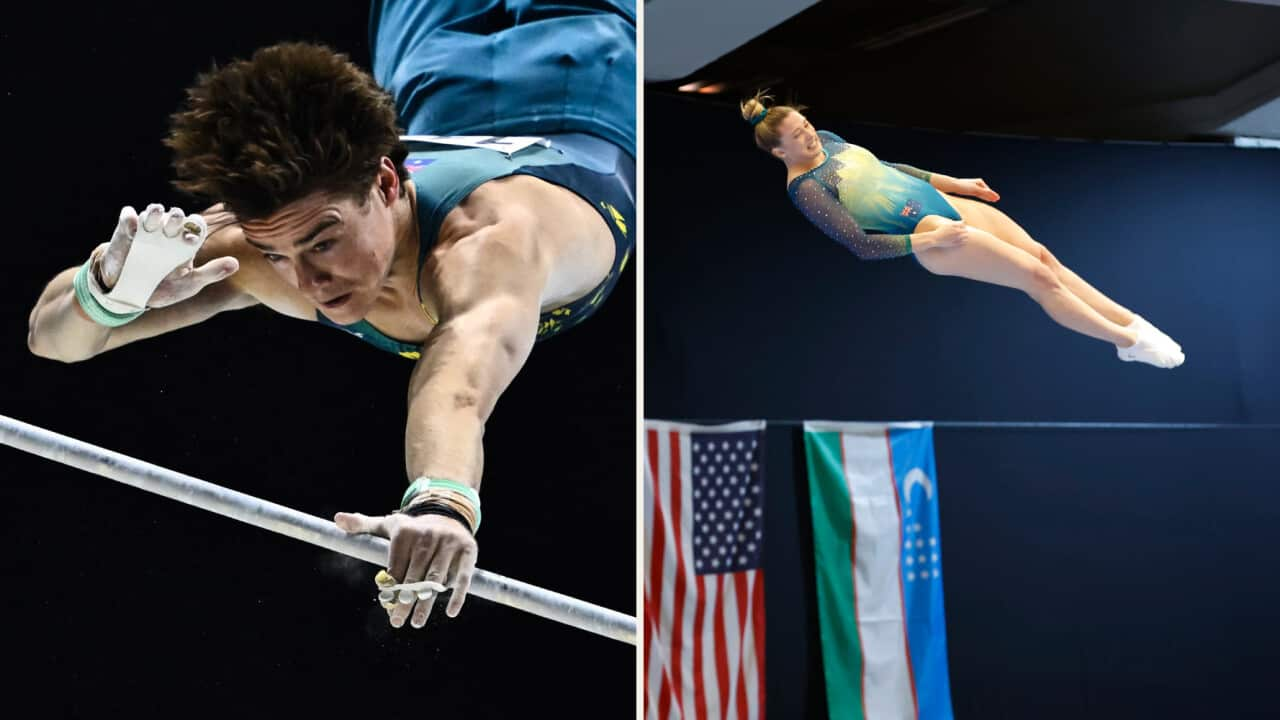Take, for example, Sevilla’s 3-1 win over Liverpool in the recent final of the Europa League.
While they were in the first half ascendancy, Liverpool could have been awarded one, or even two penalties.
To this extent, luck was against them. There is no doubt, though, that they were over-run in the second half.
Here it is arguable that tactical and technical issues were important.
Liverpool lined up with Daniel Sturridge, Phillippe Coutinho and Roberto Firmino. The attacking trio combined to give the English club a first half lead.
After the break, though, as players tired and space opened out on the pitch, there was a strong suspicion that Liverpool were front-loaded, and that Sevilla had too much space in midfield to pass their way through coach Jurgen Klopp’s defensive line.
Maybe the team’s strategy was deficient.
This is debatable. But it would seem to be undeniable that, when things turned against them, Liverpool lacked the mental strength to do anything about it.
You looked round the team for strong characters, for someone to rally his team-mates and attempt to take control of the situation – and no one could be found.
It is interesting that this took place in the week that Chelsea agreed a further one year deal with their veteran captain and centre back John Terry.
Back in August, when Terry had made a poor start to the season, former coach Harry Redknapp had this to say about him; “He is a leader. He organises people. How do you replace him? They are just not around any more. The game now is full of very, very quiet players."
“Footballers are a changing breed from 20 years ago. Nine out of ten players do not open their mouths. Someone like John, who is bossing people, pushing the team, is worth his weight in gold.
"He is a throwback, old school. He has values as far as following the game. He is interested in football.
“There are a lot of players who are not interested in football. Most of the players get on the coach, put on their headphones and do not even talk to each other. They sit in their own world listening to their own music. Years ago, when you got on the team bus, you sat and talked about football. After you got beat you would be travelling for 5 hours, maybe, talking about the game.”
Redknapp may be guilty of idealising the good old days. On many team coaches there were probably more card schools than tactical brains trusts. But there is plenty in what he says.
He is part of a generation that came through at West Ham discussing and dissecting the game in a café around the corner from the club’s old stadium. A few miles across London at Tottenham, coach Arthur Rowe recalled how he put across the idea of short passing, ‘push and run’ with the aid of the salt and pepper pots on a train journey after an away game at Bradford.
And Redknapp’s comments were echoes recently by Southampton manager and former Barcelona great Ronald Koeman. “One of the problems you see now in football is there is not enough communication on the pitch,” he said last month.
“That’s all about social media. They all go on it straight away on their phones. For young players it is all about themselves and less about communication with the rest of the players. To deal with this we do sessions in training, different exercises every week which are all about focus, communication and concentration.”
One of the explanations for the extraordinary success of the modern game is surely the fact that, in an ever more individualised society, football provides an opportunity for a mass collective experience, for people to belong to something bigger than themselves. But obviously the players are products of the process of individualisation, with all the personalised technology which allows them to isolate themselves in an environment of their own choosing.
This puts more emphasis on the work of the coach. If finding a collective common denominator is more difficult, then he has to work harder to make it happen. And this is clearly an international trend. I have heard Brazilian coaches make similar complaints.
Some accuse them of attempting to boost their own profile by spending the game on foot at the side of the pitch yelling instructions. There may be something in this – it does their own personal marketing no harm to be so visible.
But, and former national team coach Mano Menezes has argued this very persuasively, it may well be the case that contemporary teams are more in need of this pro-active father figure. They are looking for both personal encouragement and collective guidance.
And so the age of the super-coach is upon us. There is extra value in the figure who can command loyalty and persuade the players that they have more chance of success if they follow his instructions.
But it is clearly not enough for the coach merely to develop followers. Part of his job description must clearly be to identify and groom leaders, those increasingly rare figures who can take initiative in the heat of battle, who can inspire, cajole, encourage and even, when necessary, terrify their team-mates to ensure that everyone pulls together when times are tough – the type of figure that Liverpool were badly lacking in that second half against Sevilla.









